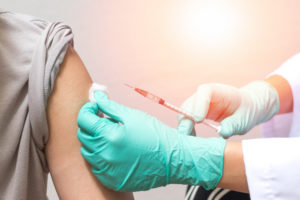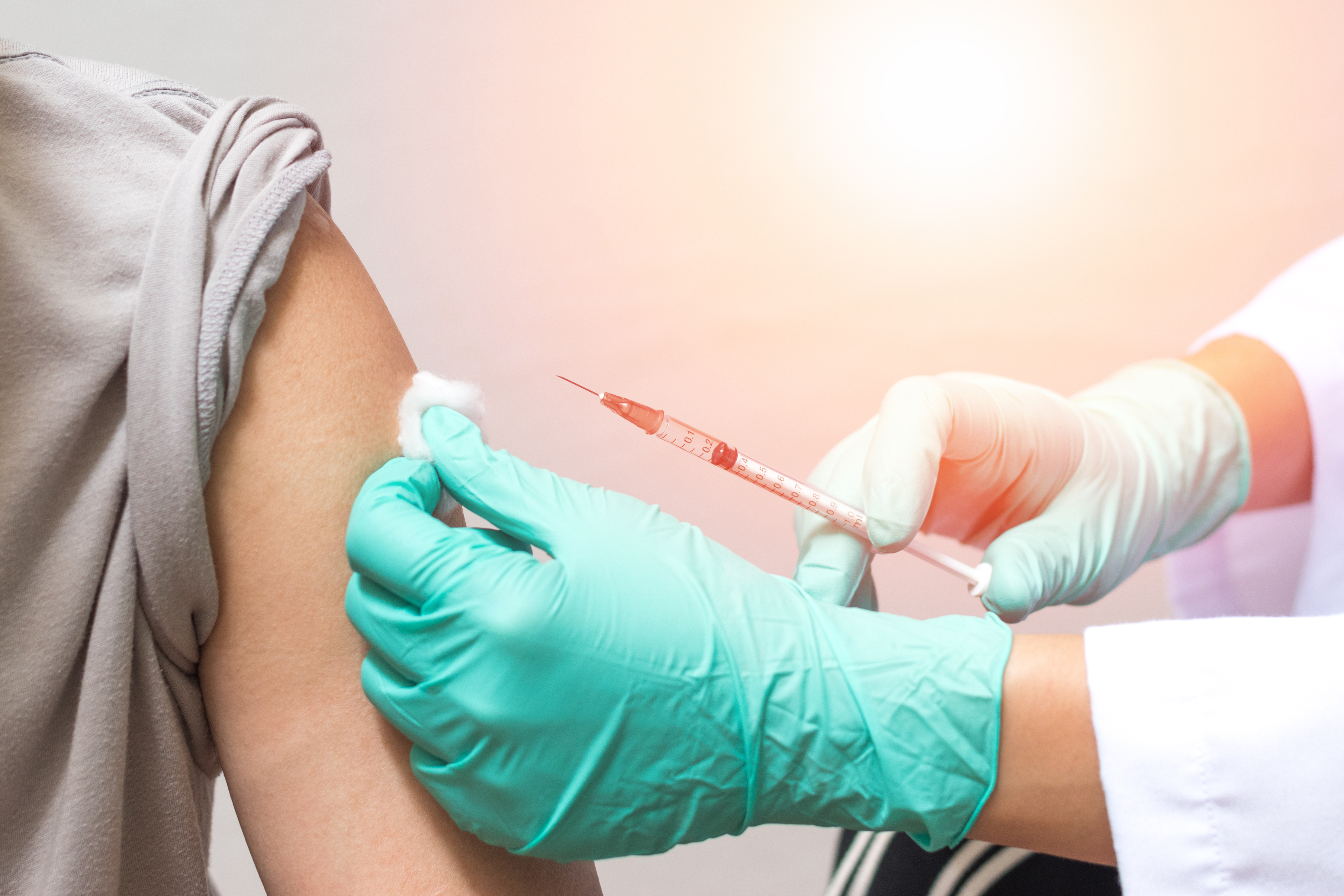As scientists around the world continue to work tirelessly to combat the coronavirus pandemic, a new study is now suggesting that antibodies against the novel coronavirus may decline faster than first believed.
Scientists with the Imperial College London have monitored antibody levels in the British population since earlier this year. During their research, they discovered that the presence of antibodies fell from 6% of the population around the end of June to just 4.4% in September.
This means that immunity in the population is decreasing. This finding is particularly alarming considering that a second wave of infections is said to be on it’s way as we enter into flu season.
“We can see the antibodies and we can see them declining and we know that antibodies on their own are quite protective,” Wendy Barclay, head of the Department of Infectious Disease at Imperial College London explained to reporters. “On the balance of evidence I would say, with what we know for other coronaviruses, it would look as if immunity declines away at the same rate as antibodies decline away, and that this is an indication of waning immunity at the population level.”
Another interesting finding was that the levels of antibodies found in healthcare workers did not change. This is likely due to their repeated exposure to the virus.
The study backs up findings from similar surveys in Germany which found the vast majority of people didn’t have COVID-19 antibodies, even in hotspots for the disease, and that antibodies might fade in those who do.
World Health Organisation spokesman Tarik Jasarevic said that immunity uncertainty and the fact that many people never had antibodies to the virus highlights the urgent need for a trustworthy vaccine instead of simply depending on antibody immunity to carry us through the virus.
“Acquiring this collective immunity just by letting virus run through the population is not really an option,” he explained during a U.N. briefing in Geneva.




